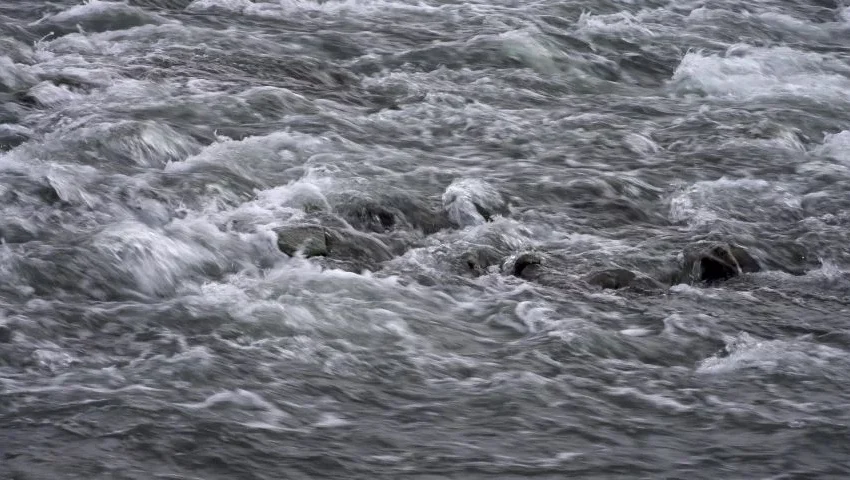
The whitewater environment is truly one in which the challenge of finding that which is essential can be great. As Vaill noted, this environment is filled with competing meanings and priorities. The VUCA-Plus condition of turbulence meets the condition of Contradiction. Confusion is the whitewater environment also comes from prevalent conditions of volatility, uncertainty, complexity and ambiguity. The full complement of VUCA-Plus conditions is often present.
With all of these challenges to face, the one Essential opportunity is often overlooked. There is a wonderful opportunity for significant learning to take place. There is also a requirement that this learning take place (Vaill, 1996, pp. 19-20):
“Permanent white water puts organizations and their members in the position of continually doing things they have little experience with or have never done before at all. The feeling of ‘playing a whole new ball game’ thoroughly pervade organizational life. . . . This means that beyond all of the other new skills and attitudes that permanent white water requires, people have to be (or become) extremely effective learners.
The importance of learning particularly lifelong learning, has been stressed repeatedly over the past two or three decades . . . The validity of these calls to arms is finally being confirmed by our experiences in the permanent white water of modern organizations: we are all playing catch-up. . . . The present of permanent white water demands that we look anew at the challenge of continual lifelong learning . . .”
I would frame the issue of learning in a whitewater environment a bit differently. First, I would frame this learning in a more positive way than was the case with Peter Vaill. A turbulent environment opens up opportunities as well as challenges. As I will soon note, whitewater environments are not only filled with experiences of Awe. These environments are also filled with the possibility of achieving a remarkable psychological state called Flow. It is when Awe and Flow come together that we can engage in truly exceptional learning.
I would also like to take one step beyond what Vaill has proposed regarding the nature of learning that can occur. Given that four systems are operating in a whitewater environment, there are different lessons offered in each of these systems. An abundance of diverse learning opportunities is available if we can move beyond the panic and survival mode that often accompanies a daring journey down a whitewater river. In this essay I will consider some of these learning opportunities in each of the turbulent systems but will turn first to the basic stages of learning that take place in a challenging whitewater environment.
Stages of Learning
Many years ago, the noted social psychologist, Kurt Lewin described significant learning as taking place in three stages: unfreezing, learning/change, and refreezing (Lippitt, Watson and Westley, 1958). These three stages are directly applicable with regard to the learning that can take place in a world of turbulence and white-water. We must first unfreeze—which means facing conditions that challenge or disturbing our existing way of being, thinking and feeling in the world. Without the unfreezing, we are not truly open to new learning. The second stage of learning and change is where something new is acquired that alters our way of being, thinking and feeling to some degree. The third stage concerns the firming up of our commitment to and regular (habitual) use of the new learning.
Download Article














